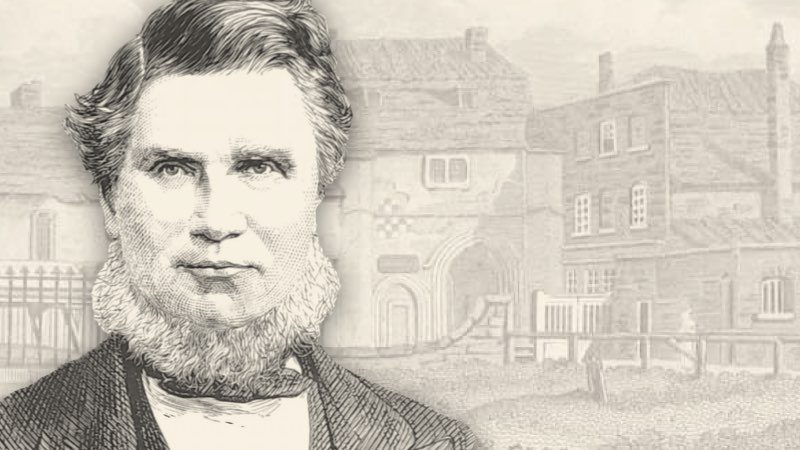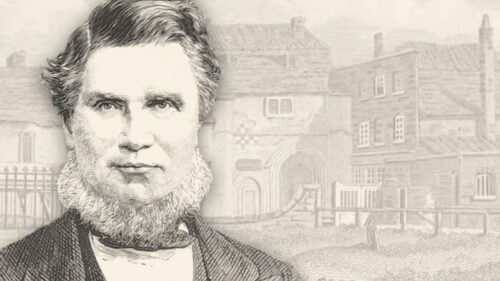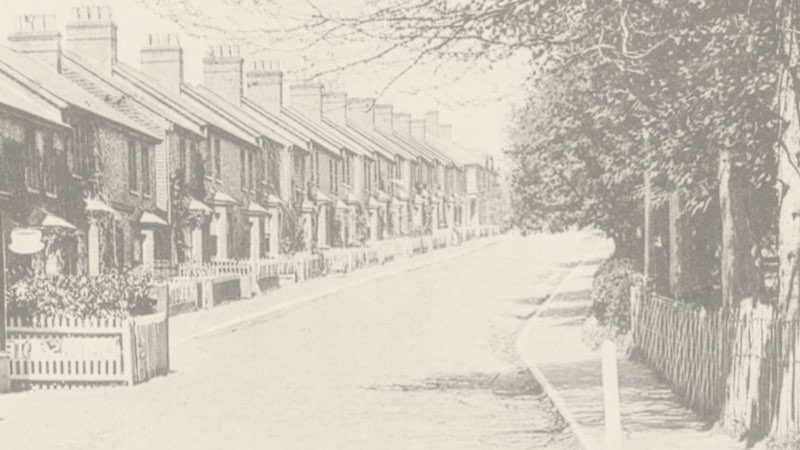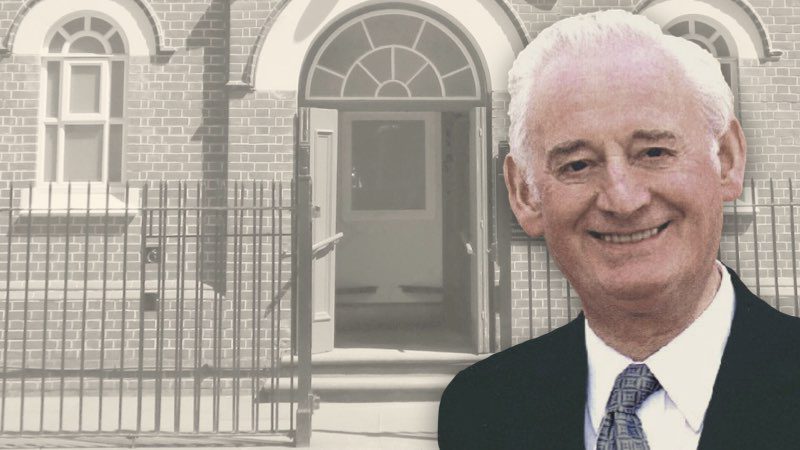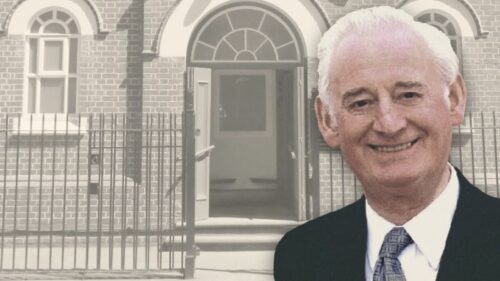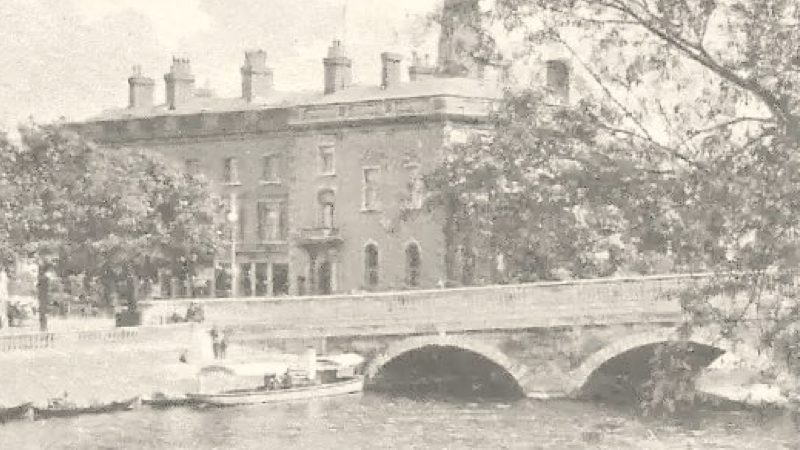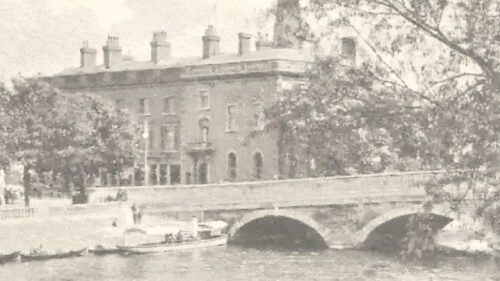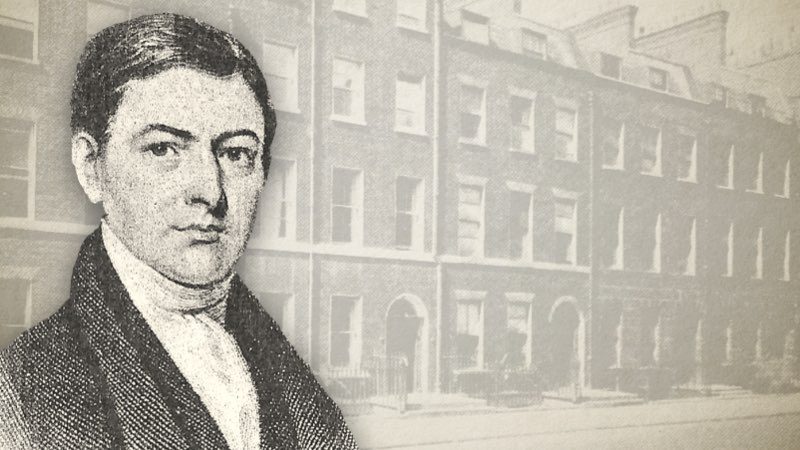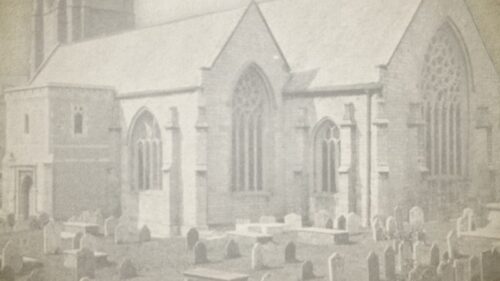-
The Life And Testimony Of William Crowther
A few Lord's-days since, Mr. William Crowther, of Gomersal, Leeds, preached to his beloved flock at Lockwood the forty-third anniversary sermon, commemorative of his being brought, by the grace of God, into the fellowship of the Gospel, and into a happy association with the Church of Christ upon earth. Not simply in communion with any of those modern and fashionable Churches, where the doctrines and ordinances given to us by Christ and His apostles are increasingly slighted; not merely as a silent and almost useless member, but, Mr. William Crowther was, by the Spirit of God, constrained to unite himself with that section of the family of God who most unflinchingly adhere to those New Testament laws and ordinances which distinguish the Strict and Particular…
-
The Life And Ministry Of William Crouch
In the month of February. 1861, the Lord, in a mysterious manner, removed from the church below, William Crouch, who, for more than 40 years, was a faithful witness for the truth at Fell Green, Wadhurst, in the county of Sussex; and the following particulars have been gathered up concerning him chiefly from the lips of his widow, who, after a union of nearly 50 years, still survives to mourn her loss. He was born in the year 1790. His father was a small farmer in Sussex, and had been married three times; and as William was of the third family, his father could not do much for him in a world’s point of view. He lost this parent when very young, and at the…
-
The Life And Witness Of Benjamin Ashworth Ramsbottom
Benjamin Ramsbottom was born in the industrial town of Haslingden, among the hills and moors of Lancashire, in April 1929. It was here that he heard the three great calls of his Lord and Master: his call by grace in the 1940s; the call to the gospel ministry in the 1950s; and, in the 1960s, the call to the long and fruitful pastorate at Luton – a call which took him away from his beloved Lancashire. He was brought up to attend Cave Adullam Chapel in Haslingden. He enjoyed helping his grandfather in the chores around chapel, and from the age of nine played the organ for public worship. “I had a natural interest in the services of the house of God but, as I…
-
Lines Addressed To Mr. William Ferris
Thanksgivings to our gracious Lord Who sent thee forth to preach his word, Who made thee faithful, made thee bold His glorious gospel to unfold. Who, out of weakness, makes thee strong To speed the gospel plough along; Who richly still supplies thy need, His weary saints to tend and feed. Dear man of God! we love thee well, Yea, more than many words can tell; 'Tis for thy Master's sake we love, Which does our heavenly calling prove. Oft, when we meet for praise and prayer,
-
The Life And Death Of William Ferris
The Life And Death Of William Ferris, For Over 60 Years Minister Of The Gospel And For The Last 16 Years Pastors Of Salem Chapel, Landport, Portsmouth, Who Died On April 6th, 1887, In The 85th Year Of His Age. My beloved husband was born at Seagery, Wilts, on June 16th, 1802. When he was three months of age his parents removed to Christian Malford. His father being a godly man, he was brought up under the sound of the truth, and when quite a boy had such strong convictions of sin as sometimes to prevent him closing his eyes in sleep for fear of waking in hell; and often when in chapel he would make promises to be good; but, alas! they were quickly…
-
The Last Days Of Henry Fowler
Dear Mr. Editor, As one of your readers, I have much pleasure in providing you with an account, so far as I have materials reliable, concerning the last days of my beloved father. It consists of three letters, each written under varied circumstances, showing the state of his mind within two months of his decease. These letters I number 1, 2, and 3. No. 1 was written to the late Mr. Charlwood, formerly of Norwich, now gone to his rest. No. 2, to his brother John, still living in Devonshire, and in his 87th year. No. 3, some few particulars of his last days, by his son Ebenezer, who was wrecked in the ship Madagascar, on his return from Australia, in the year 1855, where…

